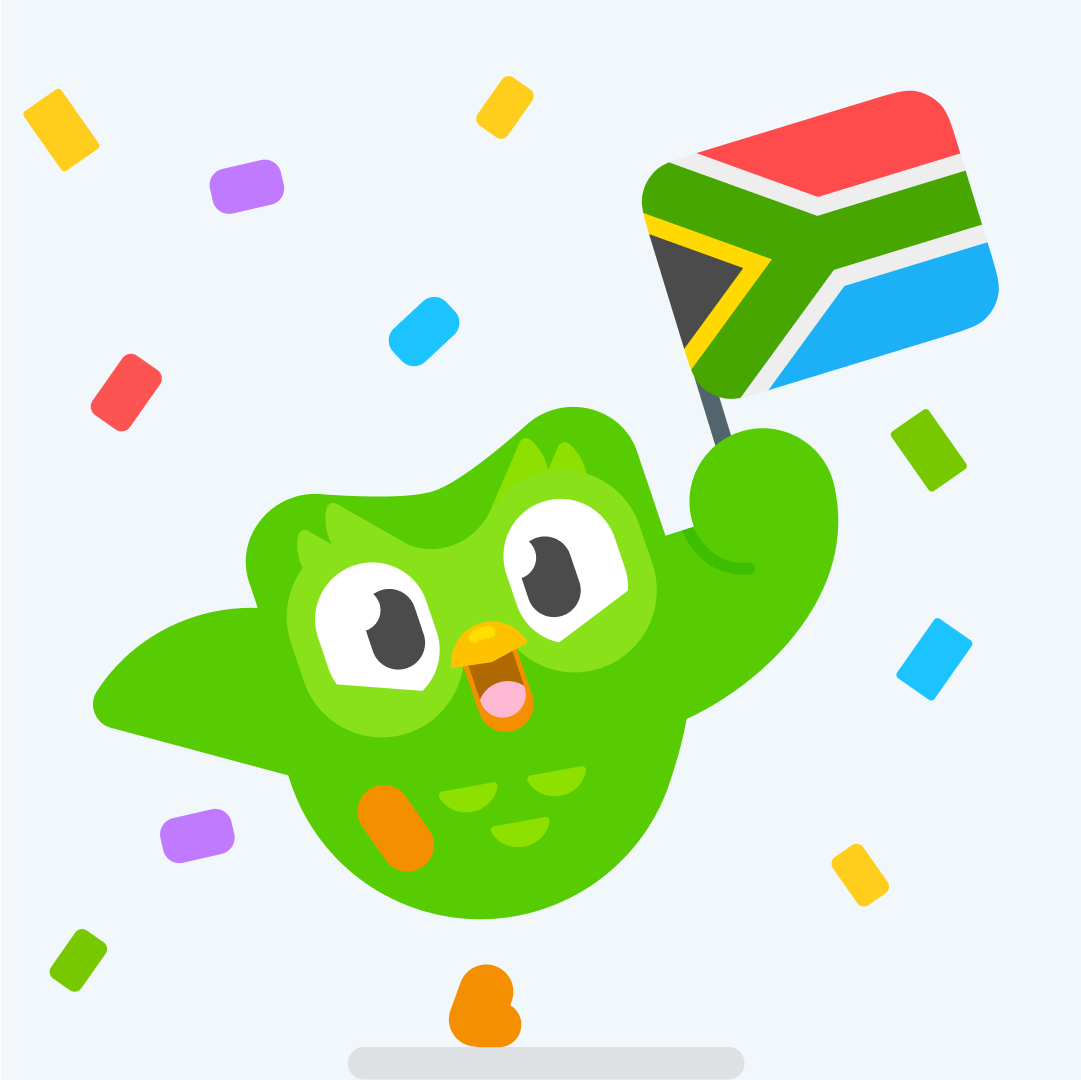Sawubona! That’s “hello” in Zulu, our newest language course, and we’re excited to welcome Zulu to the Duolingo family. Zulu is part of another important family, too: a language family! Read on to learn more about language families and what makes Zulu unique!

So what is a language family, anyway?
In the same way that people have immediate family members and more distant relatives, languages can be related and come from an original “ancestor.” For instance, the Indo-European family is a huge group of languages, including some that are more distantly related (like English, Hindi, and Greek) and some that are more closely related (like Spanish and French, which both evolved from Latin).
Zulu—which is called isiZulu in Zulu itself—is spoken by approximately 12 million people, primarily in South Africa. Zulu joins Swahili as Duolingo’s second Bantu language. Bantu is a group of languages within the Niger-Congo language family—it’s one of the world’s major language families. While English’s language group, called *Germanic*, includes a few dozen languages, Bantu has several hundred! Bantu languages are spoken by around 350 million people in many countries of sub-Saharan Africa.
What are some traits of Bantu languages?
Just like members of a human family often share certain features, like having brown eyes or the same laugh, languages within families have similar traits. This might mean that they have similar sounds, identical ways of conjugating verbs, or the same order of words in sentences, to name just a few possibilities.
Something important to say before diving into all the super cool qualities of Bantu and Zulu is that, while it’s exciting to talk about all the interesting features of languages, there’s also a long history of non-Western languages being treated as curious oddities as the result of a colonial mindset that’s positioned these languages (and their speakers) as strange or “other.” But we could just as easily say that English is an odd duck for having lots of vowels, or dozens of words for suburban lawn care. All languages have their own unique qualities—it just depends on what you’re comparing them to as a point of reference.
In the case of Bantu languages, here are two shared features that new learners might be especially interested in: noun classes and agglutination!
Noun classes
Bantu languages share a system of classifying words known as “noun classes.” (If you’re familiar with grammatical gender categories, noun classes are another way of grouping nouns together!) In Zulu, every noun—a person, place, or thing—belongs to one of 19 possible categories. A category includes information like whether a noun is singular or plural, and categories are often based on some shared meanings of the nouns (for example, whether the noun refers to a human, an animal, something abstract, etc).
A noun’s class is really important for the language’s grammar and making sentences. For example, each noun class has different prefixes (a word part that goes in front of the noun), so nouns that start with i- belong to noun class 5, a category that includes body parts, some animals, and more. Which noun class a word is in also tells you something about how to change adjectives and verbs that go with it. In the chart below, you can see how the adjective for “big” changes depending on the noun class of the thing being described as “big.”
First, let’s look at the words individually:
Now, watch how the adjective ("big") changes as the noun changes!
(Notice also that the order of adjectives and nouns are different in English versus Zulu: The noun comes before the adjective in the Bantu languages.)
Agglutination
Another interesting feature of Bantu is how it forms words, through a process of agglutination. Imagine English compound words or Spanish verb conjugations, but more extreme, and for more kinds of words! In Zulu and other Bantu languages, a sentence might be made up of just one or a few words, with many word endings, prefixes, and other additions all on the one word.
Agglutination is found in all of the languages of the Bantu group (and in many unrelated languages too, like Turkish and Japanese). In the example below, you can see that Zulu and Swahili use one word to express the same concept that English uses three words for!
Learning Zulu’s click consonants
One of the more unique features of Zulu is its click consonants. These are very distinctive sounds, created with a quick motion of the mouth that makes a loud clicking or tapping sound. The three basic click consonants combine with other sounds to create a total of 15 distinct click sounds!
Click consonants are only found in a small number of Bantu languages. They were borrowed from a neighboring language family called Khoisan, which isn’t related to Niger-Congo or Bantu. But because speakers of Khoisan languages have been geographical neighbors of Zulu and Xhosa speakers for a long time, these languages have picked up click consonants from them. Sharing is caring!
Because click consonants can be tricky for some learners of Zulu, we’ve added exercises to the course that focus on them! These exercises help learners practice similar sounds so that you can gradually learn to hear their differences.
Thanks to our partners!
We’re excited to be partnering with South African literacy organization Nal’ibali for the launch of our Zulu course. To learn more about Nal’ibali and their work throughout South Africa, visit their website.
To expand the reach and accessibility of the course, we’ve partnered with Vodacom, the leading network in South Africa, to zero-rate Duolingo for the next year. South African learners who use Duolingo on Vodacom’s network can complete daily lessons without worrying about data charge!
Start learning Zulu today, and sala kahle (stay well)!
